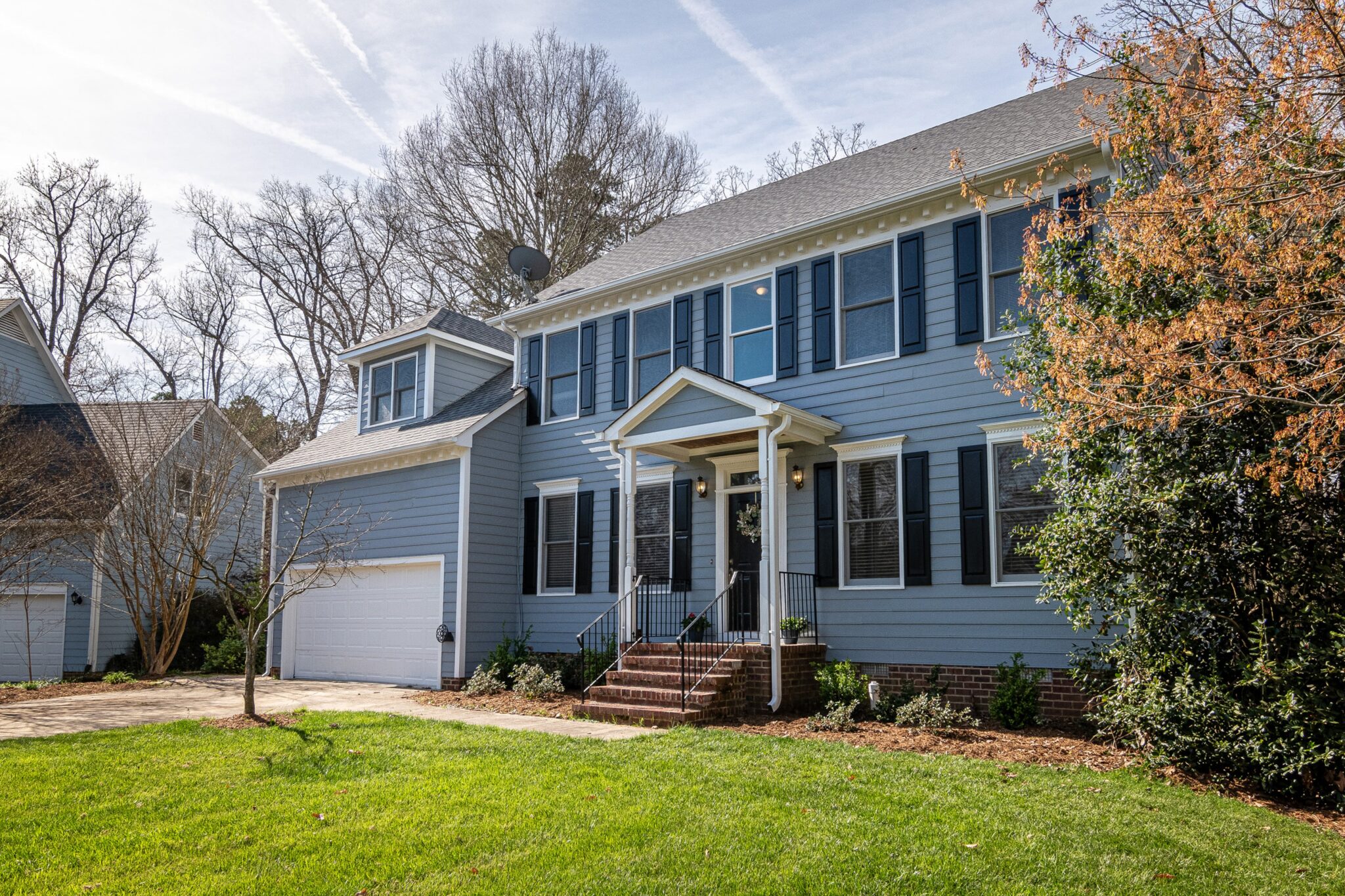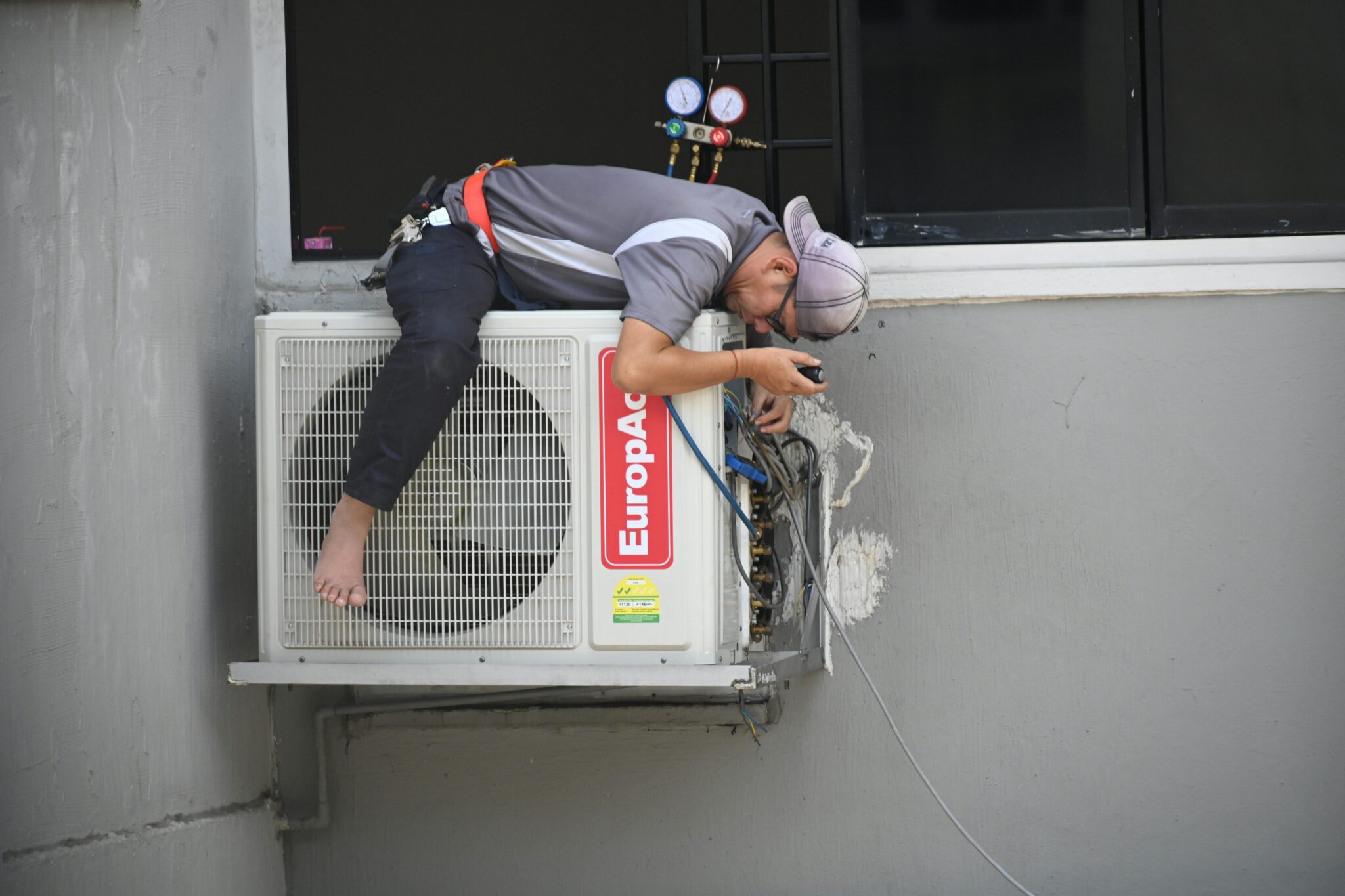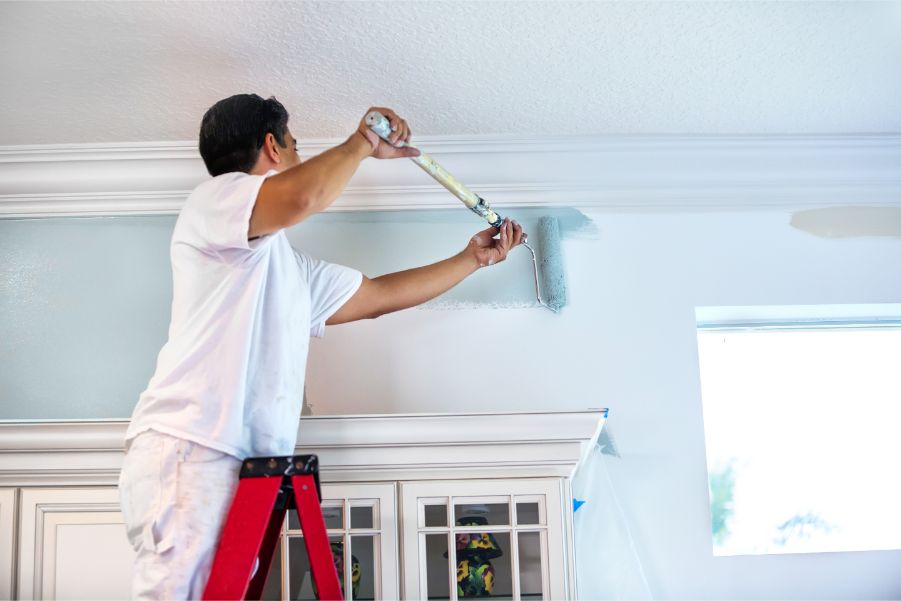
Eco-friendly homes are more than just a trend—they’re the future of real estate. In Halifax, where energy efficiency and sustainability are becoming key selling points, making eco-conscious upgrades can not only reduce your carbon footprint but also increase your home’s value. If you’re planning to sell your home (or just want to boost its marketability), here are the top five green improvements that attract buyers and improve resale value.
1. Energy-Efficient Windows & Doors
Why It Matters
Heating and cooling account for a large portion of household energy use, and inefficient windows and doors are a major culprit in energy loss. By upgrading to ENERGY STAR®-certified windows and insulated doors, homeowners can improve insulation, lower energy bills, and increase comfort year-round.
Value Boost
- Studies show that energy-efficient windows can yield up to a 70% return on investment (ROI).
- Buyers love the idea of lower heating costs, especially in Halifax’s climate.
Quick Tip:
Look for triple-pane glass and Low-E coatings to maximize energy efficiency and buyer appeal.
2. Heat Pumps & Smart Thermostats
Why It Matters
A heat pump is one of the most energy-efficient ways to heat and cool a home, making it a major selling feature in Halifax. Pairing it with a smart thermostat allows homeowners to optimize energy use and cut costs.
Value Boost
- Homes with heat pumps can sell faster and at a premium due to rising energy costs.
- A smart thermostat can reduce heating and cooling costs by 10-20%, making it a favorite among buyers.
Quick Tip:
Nova Scotia offers rebates for heat pump installations, which can further increase your home’s appeal to buyers.
3. Solar Panels—Are They Worth It?
Why It Matters
With increasing energy costs and government incentives, solar panels are an excellent way to reduce a home’s electricity bills and carbon footprint. While the upfront cost can be significant, many buyers are willing to pay more for a home with solar energy.
Value Boost
- According to studies, homes with solar panels can sell for 4-6% more than comparable non-solar homes.
- Buyers appreciate the long-term energy savings and environmental impact reduction.
Quick Tip:
If you plan to sell in the near future, calculate the payback period of your solar investment to determine if it’s financially beneficial before listing.
4. Sustainable Landscaping for Curb Appeal
Why It Matters
First impressions matter, and a well-designed eco-friendly landscape can enhance curb appeal while reducing maintenance costs. Native plants, rain gardens, and drought-resistant landscaping add beauty while conserving water.
Value Boost
- Homes with sustainable landscaping can see an increase in value of up to 10%.
- Low-maintenance yards are a big selling point for busy or eco-conscious buyers.
Quick Tip:
Consider permeable paving and rain barrels to reduce runoff and appeal to sustainability-focused buyers.
5. High-Efficiency Appliances & Water-Saving Fixtures
Why It Matters
Eco-conscious buyers look for homes with energy-efficient appliances and water-saving fixtures that can help reduce their utility bills.
Value Boost
- ENERGY STAR® appliances can reduce energy consumption by 10-50%.
- Low-flow toilets and faucets can save thousands of liters of water per year, cutting water bills significantly.
Quick Tip:
Highlight your home’s efficiency in your listing by mentioning any high-performance appliances and fixtures.
Conclusion
If you’re considering selling your home in Halifax, investing in these eco-friendly upgrades can make your property more attractive to buyers, sell faster, and increase its value. As more homebuyers prioritize sustainability, energy efficiency will continue to be a top selling point in the real estate market.
Thinking about selling your eco-friendly home? Book a quick consultation with Anne







